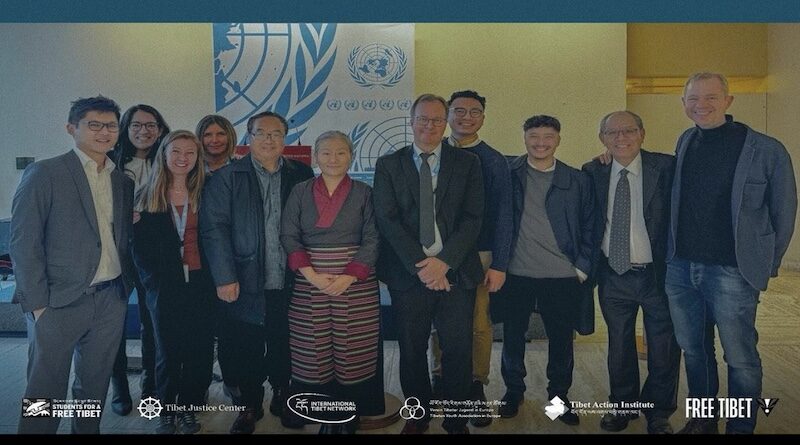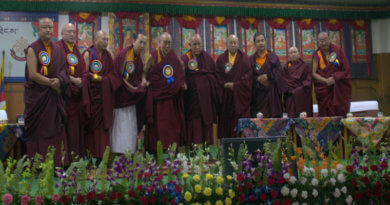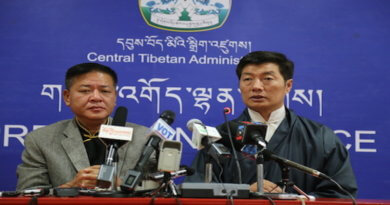Tibet Campaigners on China’s UPR 2024
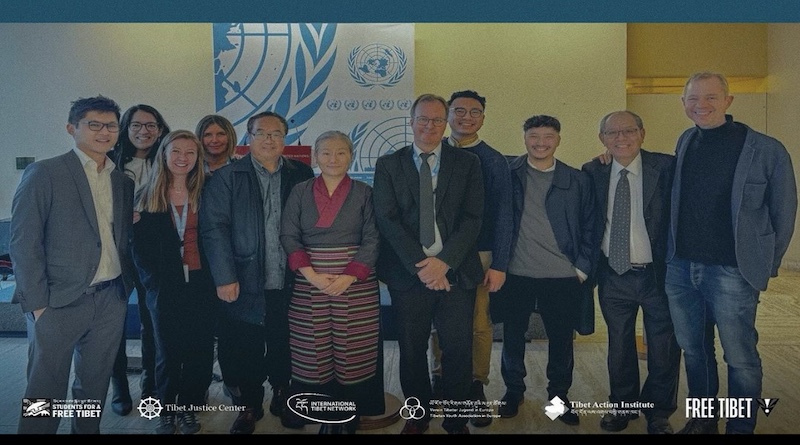
DHARAMSALA, 1 Feb: At the third meeting of the 45th Session of the UN’s Universal Periodic Review (UPR), 20 countries, such as Australia, Austria, Canada, Czech Republic, Denmark, Estonia, France, Germany, Ireland, Japan, Lithuania, Montenegro, Norway, New Zealand, Netherlands, Poland, Sweden, Switzerland, the UK, and the US, expressed concern about China’s human rights violations in Tibet. They put forward 20 recommendations for China to improve its actions, such as allowing unfettered access to Tibet, releasing arbitrarily detained Tibetans, respecting the religious and cultural rights of Tibetans, and calling for the immediate abolition of colonel boarding schools in Tibet.
This marks an increase from 2018, signalling heightened international scrutiny when only 12 countries spoke, expressing concern about China’s human rights in Tibet, and issuing 9 recommendations. In 2013, only 11 recommendations were issued mentioning Tibet, and in 2009, there were just four.
Despite these concerns, neighbouring countries like India, Bhutan, and Nepal didn’t bring up China’s human rights issues in Tibet during the review.
As expected, China defended itself, especially about schools in Tibet, stating that Tibet is vast with few people, and they aim to provide modern education to Tibetans.
In summary, the UPR session sheds more light on Tibet, but it also reveals a complex situation where some countries speak up while others remain silent. This underscores the challenge of balancing human rights advocacy with diplomatic considerations and emphasises the need for China to address the recommendations for improvement.
After conducting dedicated and focused awareness campaigns and lobbying efforts, Tibet campaigners share their insights on China’s UPR 2024.

“China thinks it can get away with atrocity crimes, including holding one million Tibetan children in a coercive residential school system designed to stamp out their identity, but today’s UN review shows governments are willing to hold Beijing accountable. The dramatic increase in the number of UN Member States who spoke out for Tibet at China’s review speaks to the existential threat China’s assimilationist policies pose to the Tibetan people.” – Lhadon Tethong, Tibet Action Institute.
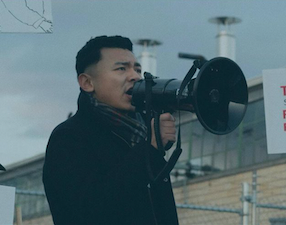
“Today is a landmark moment for Tibetans in Tibet who have lived under China’s occupation for over 70 years. China would like the world to continue to ignore its violations in Tibet, but 19 governments have ignored China’s coercive pressure and taken a decisive stand for Tibet.” -Topjor Tsultrim, Students for a Free Tibet.

“Today we witnessed a significant turning point in the global response to the human rights crisis in Tibet, with a twofold increase in the number of governments raising Tibet at the UN since China’s last review. UN Member States refused to shy away from their responsibility to hold China accountable for its grievous human rights violations.”– Gloria Montgomery, Tibet Advocacy Coalition.
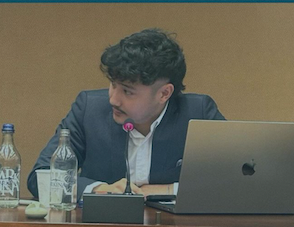
“China’s attempts to cover up their systematic human rights abuses in Tibet are failing and today we have witnessed the growing number of governments that are willing to spotlight Xi Jinping’s deliberate and systemic abuses.” –Thinle Shitsetsang, Tibetan Youth Association Europe.
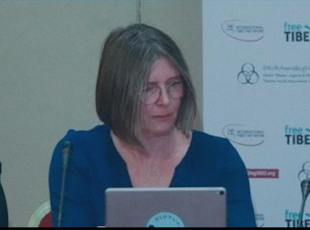
“The timing of these recommendations on Tibet from UN Member States could not be more urgent. Tibetans are routinely imprisoned and tortured for simply raising questions about human rights in Tibet. We’re buoyed by the number of governments that have led by example, showing the Chinese government they cannot intimidate the world to remain silent on Tibet, but equally there are more that need to step up and speak out about China’s flagrant abuses.” -Mandie McKeown, International Tibet Network.
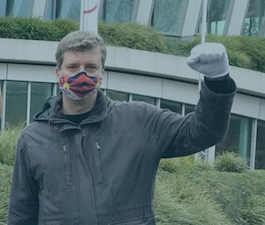
“The Chinese government thinks it can get away with appalling crimes, including holding one million Tibetan children in a coercive residential school system designed to stamp out their identity, but today’s review shows that a growing number of governments are willing to confront Beijing and hold it accountable. The dramatic increase in the number of States who spoke out for Tibetans at China’s UN review today directly reflects the devastating decline in the human rights situation on the ground inside Tibet.”-John Jones, Free Tibet.

